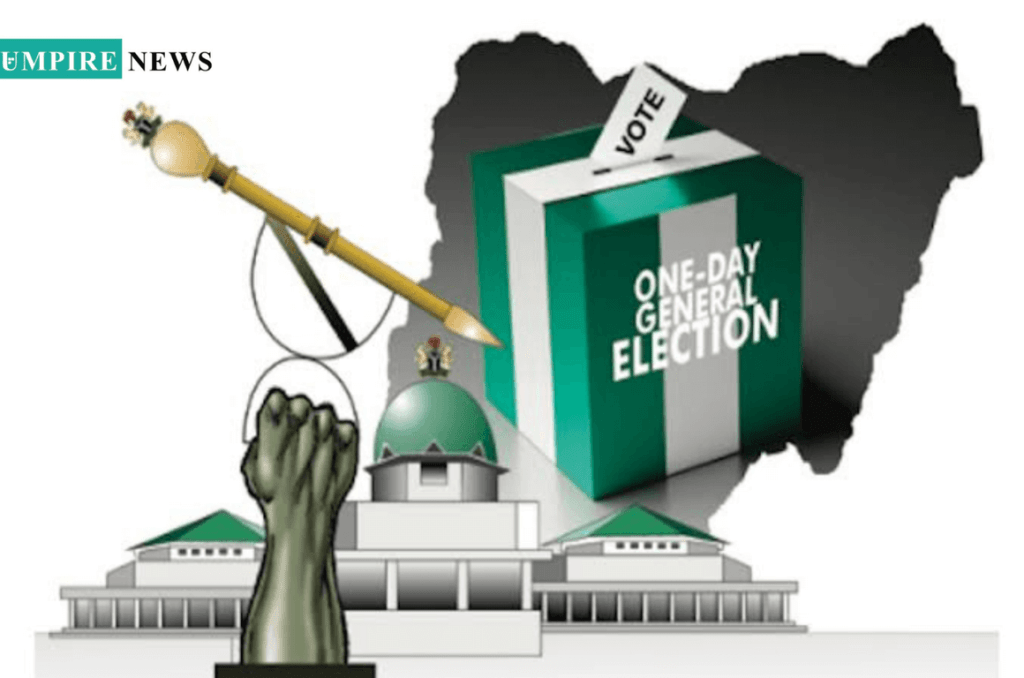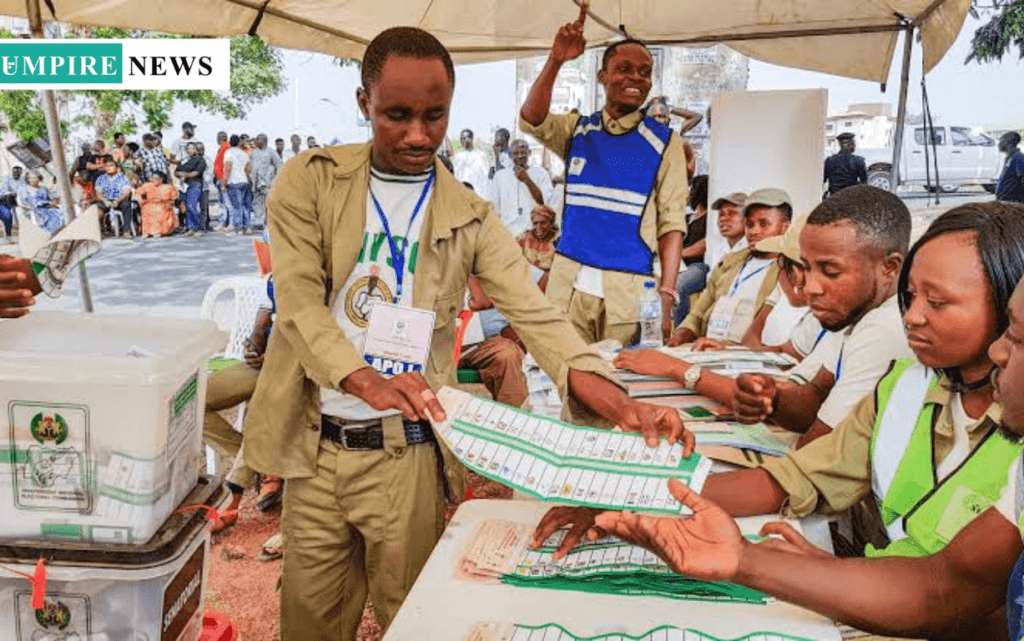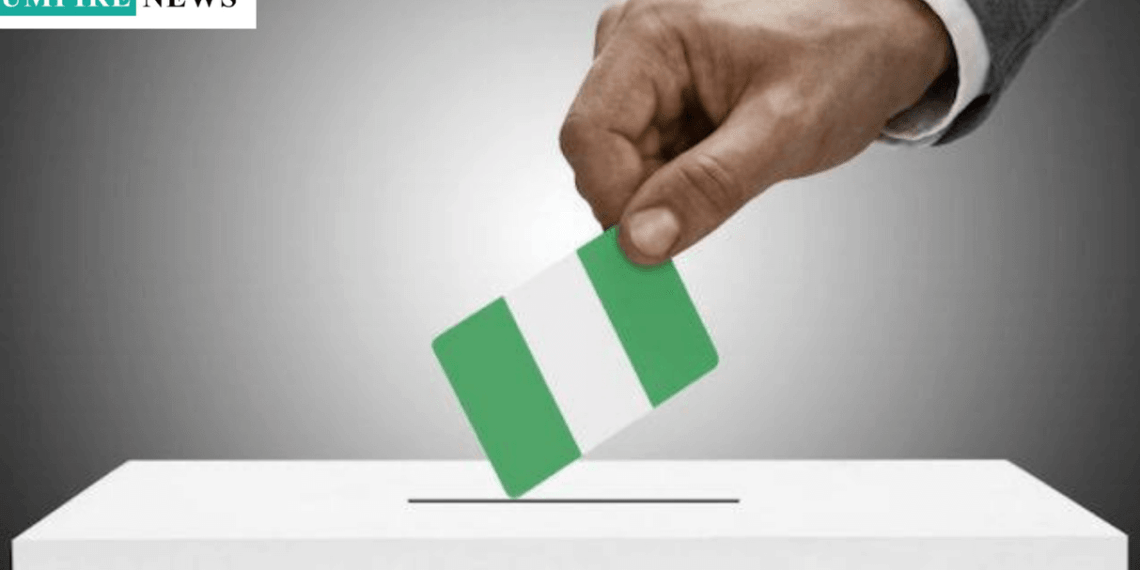Nigeria’s electoral system has faced significant challenges over the years. Issues such as electoral fraud, vote rigging, and violence during elections have undermined public trust in the democratic process. The country’s 2023 general elections once again highlighted these problems, leading to calls for electoral reforms. The current Electoral Act, despite its improvements, still falls short of addressing key issues that could make elections more transparent and credible.
The National Assembly needs to amend the existing Electoral Act to ensure the integrity of the process. Among the most pressing reforms is the clear inclusion of electronic transmission of results from polling units to the central collation system. The current Electoral Act allows for electronic transmission, but the specifics are not clearly outlined, which leaves room for ambiguity and misinterpretation. If the transmission of results were explicitly mandated and detailed in the law, it would help reduce human errors, manipulation, and improve transparency.

Nigeria has experienced several instances of election results being contested due to allegations of irregularities. For instance, in the 2019 general elections, the opposition party, the People’s Democratic Party (PDP), accused the Independent National Electoral Commission (INEC) of rigging results, particularly in the presidential race. Though the court dismissed these claims, such allegations erode public confidence in the process. The introduction of electronic transmission of results from polling units could help address this issue by reducing the likelihood of human interference in the counting process. If results are transmitted in real-time, any discrepancies or tampering can be detected more swiftly.
In addition, Nigeria’s election results are often subject to manipulation during the collation process. As seen in the past, political parties and their supporters have resorted to violence, intimidation, and other forms of coercion to influence result tabulation. This undermines the credibility of the entire electoral system. Allowing for the real-time transmission of results would make it harder for these manipulations to occur, as all parties would have access to the same data simultaneously, making it more difficult to alter or falsify results.

The 2023 elections also exposed gaps in voter registration and the security of the electoral process. Although INEC introduced a biometric system to authenticate voters, there are still concerns over the accuracy of voter lists and the possibility of multiple voting. The Electoral Act needs to address these issues more comprehensively. There should be a clear legal framework for verifying the authenticity of voter registrations and ensuring that only eligible individuals are allowed to vote. Additionally, security provisions should be tightened to ensure that sensitive electoral materials, including voting machines and ballot papers, are adequately protected from tampering.
Voter apathy is another issue that needs attention. According to a 2023 report by the Nigerian National Bureau of Statistics, only 35% of eligible voters participated in the general elections. This low turnout is a sign that many Nigerians feel disconnected from the electoral process. Addressing these concerns in the Electoral Act could boost participation. Clear guidelines on voter education, the provision of adequate voting materials, and the reduction of election-day delays could help engage more citizens in future elections.
Transparency is also a key concern for Nigerians. INEC has taken steps to improve transparency, such as introducing the BVAS (Bimodal Voter Accreditation System) for biometric identification. However, transparency cannot be fully guaranteed without clear legal backing for the use of technology in the election process. The Electoral Act must outline how the technology is to be used at every stage, including voting, result transmission, and the announcement of results. This will not only improve transparency but also increase trust in the integrity of elections.
One of the significant concerns about electronic transmission is the reliability of Nigeria’s internet infrastructure. Critics argue that the country’s internet connectivity is insufficient to support electronic transmission of results across all polling units, especially in rural areas. While these concerns are valid, the law must specify a practical and achievable framework for the electronic transmission of results. This could include provisions for securing stable internet connections at the polling units, or even using satellite communication if necessary. The goal should be to gradually improve the infrastructure while maintaining the legal requirement for electronic transmission.

The National Assembly must ensure that any amendment to the Electoral Act balances technological progress with the realities on the ground. It should also outline penalties for any party or individual found guilty of manipulating results or engaging in activities that compromise the integrity of the election process. Strict sanctions could act as a deterrent and reinforce the rule of law.
A well-structured amendment to the Electoral Act would also consider strengthening INEC’s capacity to oversee elections. While INEC has made progress in improving its operations, more resources and training are needed to manage the complexities of elections. The law should guarantee that INEC is adequately funded and equipped to handle modern election technology, including biometric devices, result transmission software, and cybersecurity measures to prevent hacking or data breaches.
Another pressing issue that the Electoral Act should address is the independence of INEC. Over the years, there have been concerns that the body, though constitutionally independent, has been influenced by political forces. Strengthening INEC’s independence through the Electoral Act would ensure that it can operate free from external pressure, especially when it comes to result collation and declaration. This will not only boost public confidence but also increase the legitimacy of election results.
The amendments to the Electoral Act should also include provisions for strengthening the judiciary’s role in handling election petitions. In past elections, the judiciary’s involvement in resolving electoral disputes has been questioned, with some alleging bias or undue influence. Clear guidelines in the law for adjudicating election-related cases could help ensure that the judicial process remains independent and impartial.
Electoral reforms are essential for Nigeria to move toward a more credible and transparent electoral system. The current Electoral Act provides a foundation, but it must be amended to address gaps that hinder the integrity of elections. Among the most important reforms are the inclusion of clear provisions for electronic transmission of results and the strengthening of INEC’s operational independence.
With the right amendments to the Electoral Act, Nigeria can improve its electoral system, build public trust, and ensure that future elections are free, fair, and transparent. The time for meaningful electoral reforms is now, and it is crucial that the National Assembly acts swiftly to make the necessary changes.










